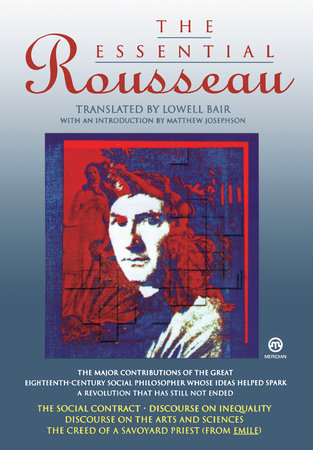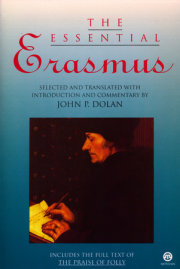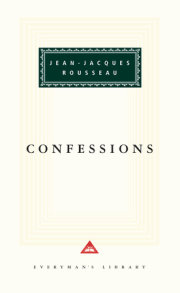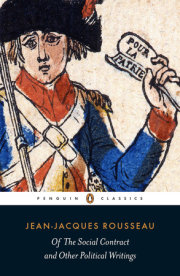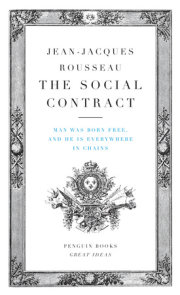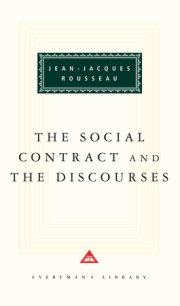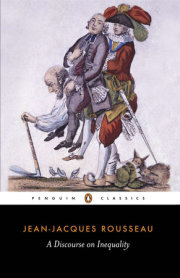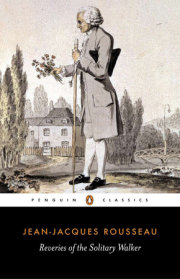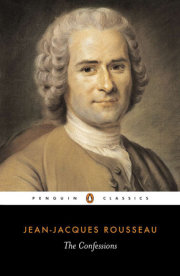The Essential RousseauIntroduction
The Social Contract
Discourse on Inequality
Discourse on the Arts and Sciences
The Creed of a Savoyard Priest
ForewordBook I
I. The Subject of This First Book
II. The First Societies
III. The Right of the Strongest
IV. Slavery
V. We Must Always Go Back to a First Agreement
VI. The Social Pact
VII. The Sovereign
VIII. The Civil State
IX. Real Property
Book II
I. Sovereignty Is Inalienable
II. Sovereignty Is Indivisible
III. Whether the General Will Can Err
IV. Limits of the Sovereign Power
V. The Right of Life and Death
VI. Law
VII. The Lawgiver
VIII. The People
IX. The People (continued)
X. The People (continued)
XI. Various Systems of Law
XII. Classification of Laws
Book III
I. Government in General
II. The Constitutive Principle of the Various Forms of Government
III. Classification of Governments
IV. Democracy
V. Aristocracy
VI. Monarchy
VII. Mixed Governments
VIII. All Forms of Government Do Not Suit All Countries
IX. The Signs of a Good Government
X. The Abuse of Government and Its Tendency to Degenerate
XI. The Death of the Body Politic
XII. How the Sovereign Authority Maintains Itself
XIII. How the Sovereign Authority Maintains Itself (continued)
XIV. How the Sovereign Authority Maintains Itself (continued)
XV. Deputies or Representatives
XVI. The Institution of the Government Is Not a Contract
XVII. The Institution of the Government
XVIII. The Means of Preventing Usurpation of the Government
Book IV
I. The General Will Is Indestructible
II. Voting
III. Elections
IV. The Roman Public Assemblies
V. The Tribunate
VI. Dictatorship
VII. Censorship
VIII. Civil Religion
IX. Conclusion
Notes

